Shrimp Farmers Suffer Major Losses Due to EHP Disease at the End of 2024
Mass Disposal of Diseased Shrimp
In recent days, Mr. Nguyen Kim Chuyen, Director of Quyet Thang Agricultural Cooperative (Ba Ria City), has been deeply troubled after discovering that the cooperative's shrimp ponds are infected with Enterocytozoon hepatopenaei (EHP). This microsporidian parasite resides in the shrimp's hepatopancreas, impairing nutrient absorption, weakening immunity, and causing stunted growth and slow development. Shrimp infected with EHP yield only 10–40% of the output of healthy shrimp.
“After one month of nursing, the shrimp showed no growth. Upon inspection, we found the seed stock was infected with EHP. In the end, we had to destroy 100% of the shrimp seed. We didn’t dare continue farming for fear of spreading the disease to future crops,” Mr. Chuyen shared.
Quyet Thang Cooperative isn’t the only victim. Earlier, several ponds belonging to Cho Ben Cooperative (Long Dien District) were also infected with EHP, resulting in a total crop loss and financial damage exceeding 1 billion VND.
Similarly, many shrimp farms in Dat Do District have faced the same situation. Mr. Phan Duc Dat, a shrimp farmer in An Hai Hamlet, Loc An Commune, operates a whiteleg shrimp farm covering 18 hectares, including 1.7 hectares of shrimp ponds and 16.3 hectares of reservoirs, nursery ponds, and water treatment ponds. However, in the previous crop, his entire farm was infected with EHP, resulting in a complete loss.
“Because of the EHP infection, I had to suspend farming for two months to clean, dry, and thoroughly treat the ponds to eliminate any trace of pathogens. During this period, labor and treatment costs were substantial, but there was no income. Overall, I lost nearly 3 billion VND,” Mr. Dat stated.
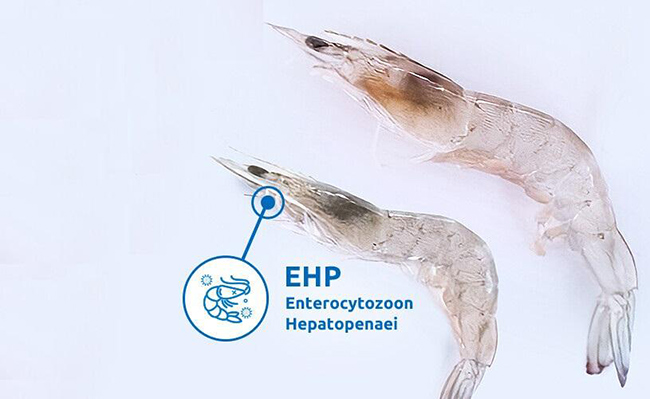
Strengthening Seed Stock Management and Pond Hygiene
According to the provincial Livestock and Veterinary Sub-Department, prolonged shrimp farming with consecutive crops has degraded the environment in many ponds, harboring pathogens and increasing susceptibility to disease, especially under current harsh climate conditions.
“Monthly and periodic inspections are conducted on shrimp ponds, with samples collected for testing. Recently, some scattered cases of EHP infection have been detected, but it’s not widespread enough to declare an outbreak. This disease is commonly seen in high-density ponds lined with tarpaulins. The main transmission pathways are from broodstock, feed, nursery environments, and water sources,” explained Mr. Huynh Van Them, Deputy Director of the Livestock and Veterinary Sub-Department.
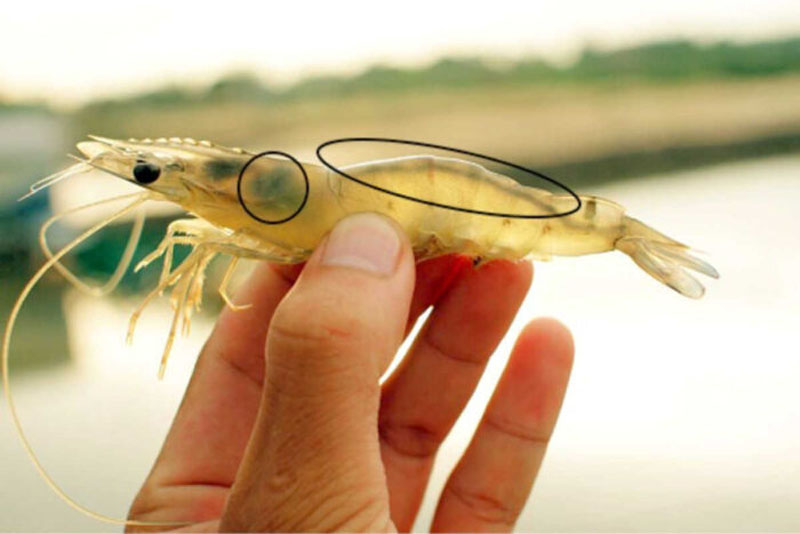
According to the Department of Agriculture and Rural Development (DARD), the province has nearly 2,900 hectares of shrimp farming, with whiteleg shrimp accounting for about 20% and yielding over 9,500 tons annually. Monthly, DARD collects water samples for aquaculture monitoring and environmental warnings, while providing guidance to farmers on disease prevention and effective farming practices.
The Livestock and Veterinary Sub-Department warned that EHP could lead to white feces disease in shrimp, as spores spread through the digestive tract. They recommend farmers completely discard infected shrimp under one month old. Additionally, farmers should rest their ponds for at least one crop (about two months) to eradicate pathogens and prevent the disease from spreading to subsequent crops.
For new crops, farmers should source seed stock only from reputable suppliers that have been thoroughly inspected and tested for diseases. Before filling ponds with water, the entire nursery and farming areas should be cleaned and renovated. Water should be filtered and thoroughly settled before being introduced to the ponds. During the farming process, farmers must regularly clean the pond surroundings, remove trash, vegetation, and algae, and use lime to disinfect.
Source: vietlinh.vn
Contact AQUA MINA for consultation and supply of aquaculture round tanks and aquaculture equipment for high-tech shrimp farming.
- Address: 685 National Highway 1A, Binh Hung Hoa Ward, Binh Tan District, Ho Chi Minh City
- Phone: 1800 6071 (Toll-free hotline)
- Email: sales@aquamina.com.vn or oversea@aquamina.com.vn
Aqua Mina's distributor in Japan:
REX INDUSTRIES CO., LTD
- Address: 1-9-3 Hishiya-Higashi, Higashi-Osaka 578-0948 JAPAN
- Email: kimakubo@rexind.co.jp
- Phone: +81-(0)72-961-9893
- Website: http://www.rexind.co.jp/e/

WE WORK FOR YOUR SUCCESS!
Ngày đăng : 09/12/2024
2464 View
Other Articles
Indian shrimp pivot to the EU, increasing competitive pressure on Vietnam
Indoor shrimp farming in Europe: Investment challenges and the race to find a viable model
Shrimp production surged in the first month of the year, with exports benefiting from strong demand during the Lunar New Year holiday
Quang Ninh Accelerates Digital Transformation in Shrimp Farming, Rising to Lead Northern Vietnam
Lucky money is not just about cash — it’s Aqua Mina’s wish for a worry-free farming season for our valued customers
Việt Nam's top 10 seafood exporters command nearly one-fifth of industry revenue
Ca Mau Maintains Its Shrimp Brand in International Competition
VIETSHRIMP ASIA 2026 & AQUACULTURE VIETNAM 2026 – A TURNING POINT FOR THE MODERN SHRIMP FARMING INDUSTRY
Ecuador's shrimp industry educational program SustainED kicked off its 2026
An Giang will start raising brackish water shrimp as early as the beginning of 2026
Aqua Mina conducts the on-site installation of two aquaculture air blowers | Ceramic Ball Bearing – 15 kW – 25 kPa for a customer in Quang Ninh
Towards Building Brand Value for the Shrimp Industry








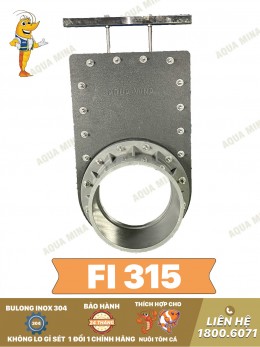
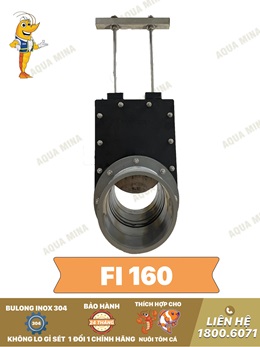
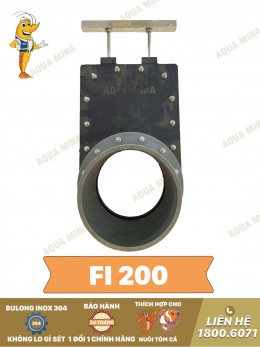
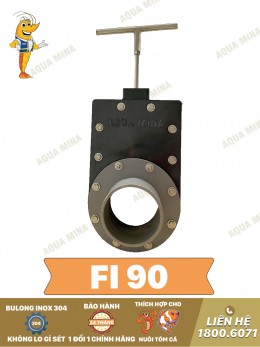
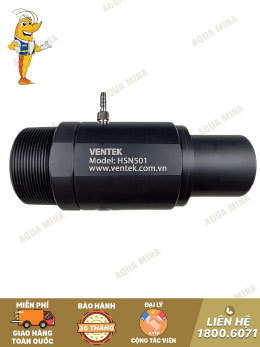
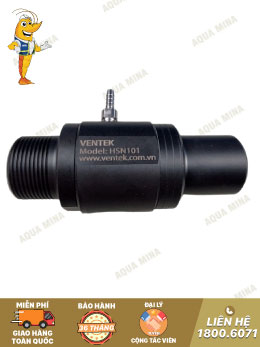
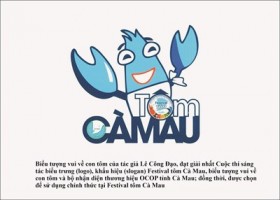
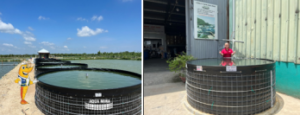
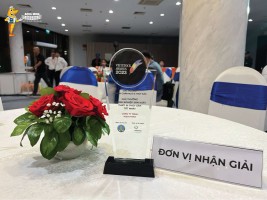
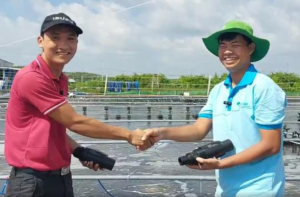
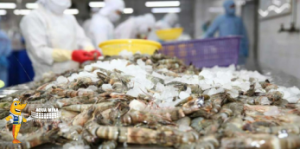
.jpg)